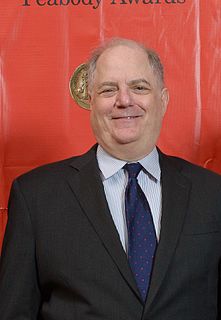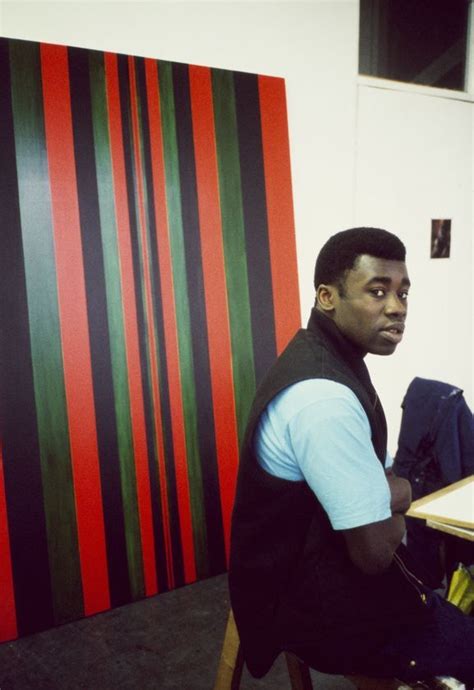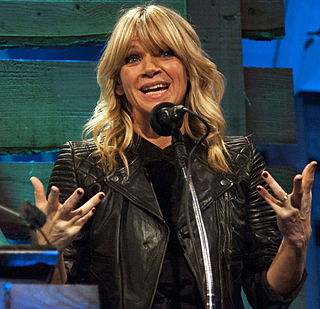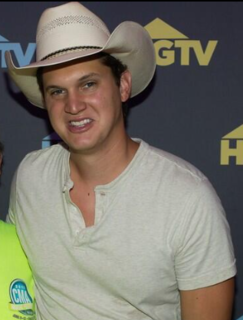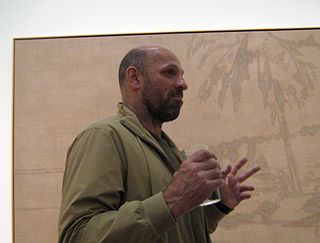A Quote by Gerhard Richter
I never worked at painting as if it were a job; it was always out of interest or for fun, a desire to try something.
Related Quotes
It was a figure painting class, where you had a model, and [Robert von Neumann ] would wander around and he'd come up behind someone and say, "Well, what are you trying to do?" And if you told him what you were trying to do, he would then proceed to discuss this with you and suggest things that you might look at and ways in which you could improve what you were attempting to do, etc - never worked on your painting, never touched your painting but talked extensively about what you were trying to do.
To me, the fun part of both jobs is to always try to push the discussion and debate forward in some way. The most fun part of being a theater critic for the Times was always to try and champion something that maybe other people didn't like, or that was produced under obscure circumstances or had to fight for its life. And I would say in the column what I try to do is in some ways related in that I'm trying to fight for a point of view. I'm not trying to be a kingmaker in either job, and don't want to be, and shouldn't be.
When I was painting in art school - and I think many painters in the 1980s worked similarly - a finished painting would often be constructed from lots of other paintings underneath. Some of these individual layers of painting were better than others, but that was something that you would often only realise retrospectively.
As an artist, you are always striving toward an ultimate achievement but never seem to reach it. You shoot a film, and the result could have always been better. You try again, and fail once more. In some ways I find it enjoyable. You never lose sight of your goal. I don’t do my job to make money or to break box office records, I simply try things out. What would happen if I were to achieve perfection at some point? What would I do then?
I am in a space now where I can try anything; and with Pink Floyd we've always been in a space where we were able to try out anything. I think we were very young then and we were very keen to experiment and try things out. It seems to me that this sort of experimenting is like working yourself towards something and trying to find what you like and what you want.
When I became White House press secretary, there were other limitations that were thrust upon me. Bill Clinton was under pressure to appoint women to visible positions. I was 31, I'd never worked in Washington. Was I ready for this large and visible job? Still he wanted the credit. So he gave me the job but diminished the job.
It used to be that the working class, broadly speaking - Americans who worked with their hands, who worked in factories, who were not in management - were an interest group, a political interest group. And their main spokespersons were the Democrats. Their platform was the Democratic Party. And that began to change after the 1960s. Not for black or other working class Americans, but for white working class.
I like painting because it's something I never come to the end of. Sometimes I paint a picture, then I paint it all out. Sometimes I'm working on fifteen or twenty pictures at the same time. I do that because I want to - because I like to change my mind so often. The thing to do is always to keep starting to paint, never finishing painting.


